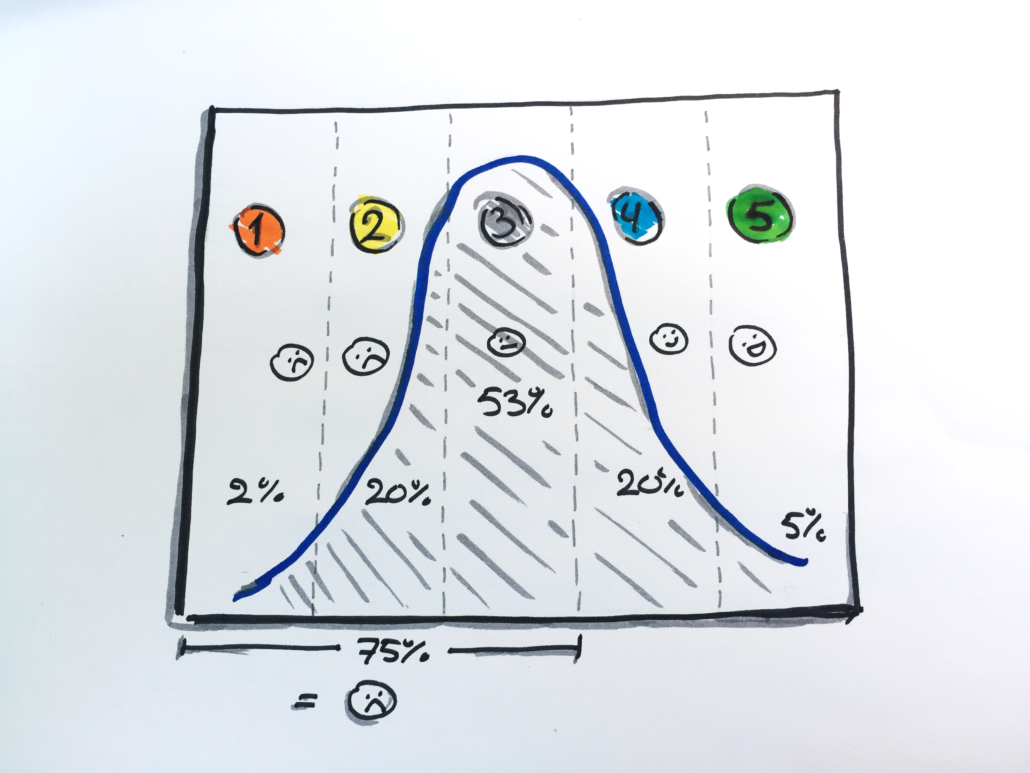Dear Manager, performance reviews do not work
By Line Bloch, 10. January 2016
In most cases useless – but in most downright demotivating!
You are doing it with the very best intentions, and I guess that you are doing them right now, if you didn’t finalise them just before Christmas. Performance reviews.
You probably do it to provide feedback, to appreciate and acknowledge the employees and their contribution, and to make employees improve their performance. You use it as a fair tool to distribute compensations, to evaluate and keep track of talents, and less positive: you may also do it to collect a paper trail in case you need to fire someone.
The secret – which your HR organisation very likely have discussed internally for some time – is this: It does not work (perhaps except for the paper trail-thing). In best case it is useless, but in most cases it downright demotivates your employees.
This is part 1 of 2, where I point out the problem. In part 2, I suggest a solution.
The problems about performance reviews
As I see it, there are three main problems with performance reviews:
- The ratings
- The timing
- The managers
Lest go through them, one by one.
1. The ratings are demotivating
Most companies uses a 1-5 scale to evaluate the employees once a year. Since the distribution of ratings tend to skew against the higher performance and hence devalues the rates (and we don’t trust the middle managers to be objective), some companies uses forced or ‘guided’ bell shaped distributions, like the one to the right.
In this example, 2% of the employees get the 1-score. We don’t want low performers, and if you get a 1-score, you are already on your way out. Sorry. Bye.
20% gets a 2 – usually called “approaches expectations”. This is of course not good enough, so these employees typically gets a performance improvement plan. We haven’t given up on them, but if they don’t improve, they could expect to get a 1-score next year. Are these employees demotivated beforehand, or will they be, when they realize that what they did, is not good enough? What is the egg and what is the hen?
Luckily,53% is doing fine and gets a 3. Management calls it: ‘meeting expectations’, and gives a little speak on how high the expectations are in this company, and how great it is to be able to meet them. But it is a 3 out of 5. It is average. Average sucks. Nobody wants to be average.







